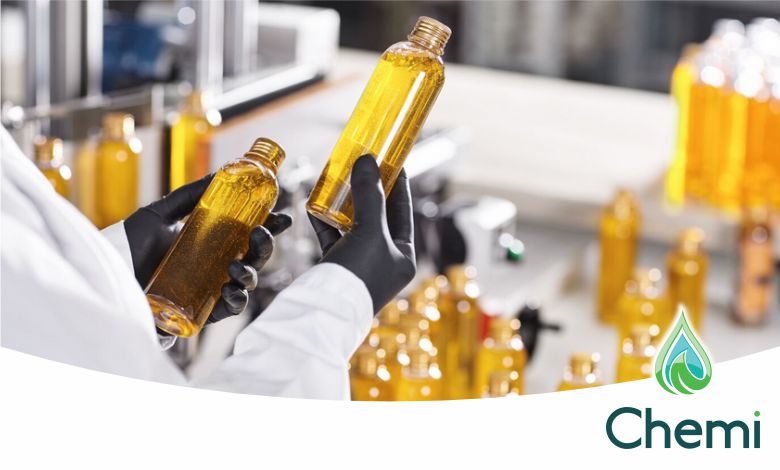Business
The Chemistry of Success

South Africa has the most developed and extensive chemical industry in Africa. From the production of petroleum and plastics to the distribution of pharmaceuticals, this mature and diverse sector serves numerous sectors. South Africa’s basic chemicals sector benefits from the country’s rich minerals. This industry produces roughly 600 different kinds of chemicals.
The twenty biggest companies in the industry provide about 90% of the sector’s income, and they are all part of a small group of integrated local and worldwide manufacturers. South Africa is now widely recognised as a global leader in gas-to-liquid technology and coal-based synthesis. About 55% of all domestically produced chemicals are petrochemicals, and South Africa accounts for approximately 0.5% of the world’s chemical production capacity.
Key players
In the energy and chemical industries, SASOL is among the top companies and an important participant and strategic investor. Located in the heart of the Vaal Triangle, Sasolburg serves as the nerve centre of South Africa’s chemical suppliers. Near coal-fired power stations or major local marketplaces are springing up new chemical facilities. Durban and Mossel Bay, two smaller but no less important chemical production hubs, have both made chemicals an integral component of their economic agendas. The provinces of Gauteng, KwaZulu Natal, the Eastern Cape, and the Free State are home to many chemical businesses.
Among the most prominent South African chemical companies are Renergen, Omnia, SASOL, DOW, CHEM, BASF, AECI, Clariant, Brother Enterprises, Afrox, Foskor, and Pelchem. Anaex, Brother Enterprises, Dry Ice International, and Petregaz SA are among the more recent corporations that have invested in the country.
The Future of Chemical Suppliers
The coronavirus pandemic has opened many doors for domestic chemical suppliers in South Africa, thanks to government initiatives that promote manufacturing close to home and foster collaborations between domestic and foreign companies. The sector’s research on renewable energy sources, the hydrogen road map, and the demand for dry ice are all potential opportunities.
Many old and new companies have set up shops to produce hand sanitisers for the battle against the COVID-19 pandemic, thanks to the increased attention paid to the vaccine rollout in the nation and the surrounding area.
The value chain is highly interested in hydrogen as a clean energy source, and this enthusiasm will only grow as governments seek to lessen our environmental impact. South Africa’s platinum sector would also benefit from this chance. Many environmentally friendly hydrogen programmes are already active.
The Chemicals Association (CAIA), the South African Chemicals Institute (SACI), and the International Council of Chemical Associations are just a few of the national associations that collaborate with the government and can assist companies.
To assist foreign investors in establishing a manufacturing plant in South Africa, InvestSA offers a specialised service that provides them with information and support throughout the investor life cycle, including developing a strategic framework of structured engagements. The connections InvestSA has made with influential South Africans allow them to introduce and engage with government officials who have an effect on the investors’ businesses and industries.
In addition to capitalising on existing export agreements, the newly operational African Free Trade Area in January 2021 offers numerous opportunities to establish manufacturing facilities in South Africa and export across the area.
In conclusion, manufacturing essential chemicals and innovative materials locally will help South African businesses become less reliant on chemical imports and more competitive.















